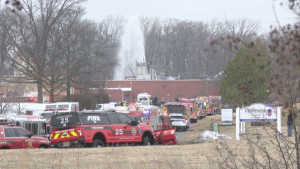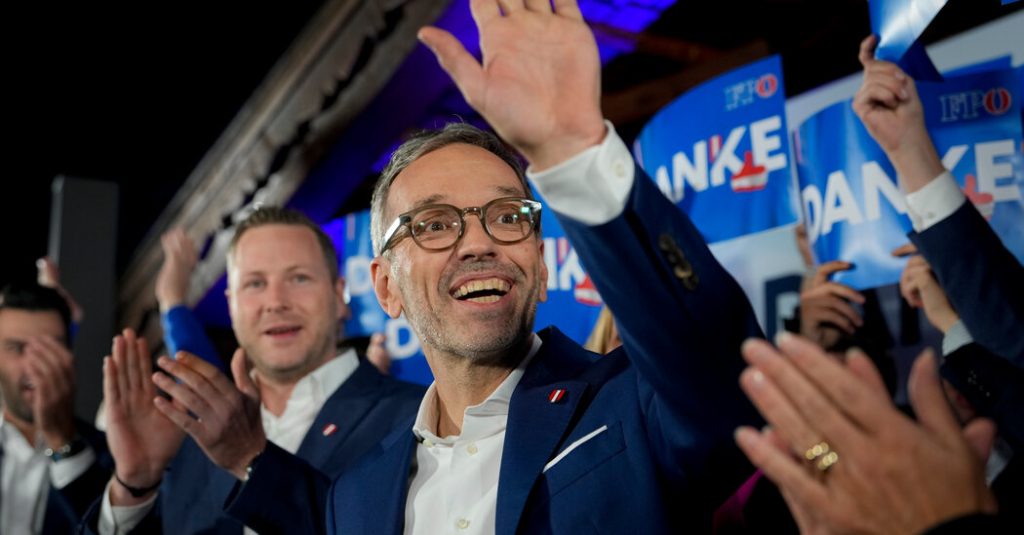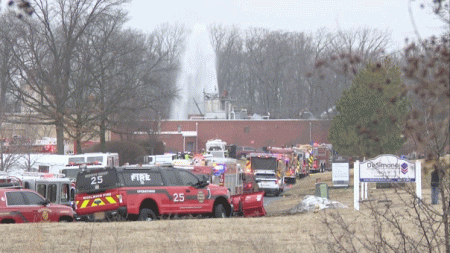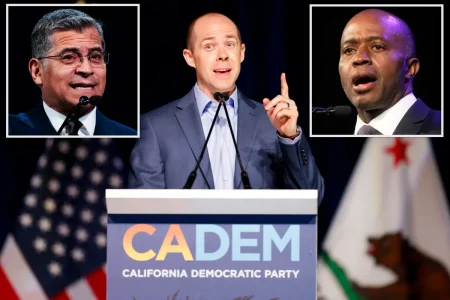The political landscape of Austria has been dramatically reshaped following the collapse of coalition talks between mainstream parties, paving the way for the far-right Freedom Party (FPÖ), led by the controversial Herbert Kickl, to potentially lead the next government. This development marks a significant milestone in the resurgence of far-right movements across Europe, raising concerns about the future direction of Austrian politics and its impact on the broader European context. The FPÖ secured the most seats in the September national assembly elections, positioning Kickl as a frontrunner for the chancellorship.
Herbert Kickl, whose party has roots tracing back to former SS members, campaigned on a fiercely anti-immigrant platform, echoing similar narratives employed by far-right parties gaining traction across the continent. He has proposed a temporary ban on new asylum seekers and advocated for legislation that would prevent them from acquiring Austrian citizenship. His rhetoric, often employing nationalistic language and invoking the term “Volkskanzer,” reminiscent of German fascist terminology, has further fueled anxieties about the party’s ideological leanings. The FPÖ’s history of disparaging migrants and depicting them as criminals and burdens on the welfare system has drawn criticism from human rights organizations and raised concerns about potential discriminatory policies should the party assume power.
The potential for an FPÖ-led government became a tangible reality after the Austrian People’s Party (ÖVP), despite previous pledges to avoid a coalition with the FPÖ under Kickl’s leadership, announced its willingness to engage in talks. This unexpected reversal followed the resignation of ÖVP Chancellor Karl Nehammer, further destabilizing the political scene and raising questions about the party’s commitment to its prior pronouncements. The ÖVP’s shift has been interpreted by some political analysts as a pragmatic move, recognizing the FPÖ’s electoral success and the potential difficulties in forming a stable government without their participation.
The prospect of an FPÖ-led government has been met with apprehension by many observers, who warn of the potential implications for Austria’s international image and its commitment to democratic principles. The rise of the FPÖ reflects a broader trend in European politics, where anxieties surrounding migration and economic instability have fueled support for far-right parties promising simple solutions to complex problems. The success of the National Rally in France and the Party for Freedom in the Netherlands underscores this phenomenon, highlighting the growing influence of far-right ideologies across the continent.
The path to forming a new government remains uncertain, with coalition talks between the FPÖ and ÖVP anticipated to be protracted and potentially fraught with challenges. While the two parties share some common ground, particularly on issues related to immigration and law and order, their differing approaches to economic policy and social welfare could prove to be sticking points in negotiations. The final composition and policies of a potential coalition government will significantly shape Austria’s political trajectory in the coming years, influencing its relationship with the European Union and its approach to domestic challenges.
Should the FPÖ succeed in forming a government, it would represent a notable shift in Austrian politics, signifying the normalization of far-right ideologies within the mainstream. The potential impact on Austria’s social fabric, its policies on immigration and integration, and its international relationships remains a subject of intense debate and concern. The coming weeks and months will be crucial in determining the future direction of Austrian politics and its place within the evolving European landscape. The outcome of the coalition talks will not only affect the domestic political situation but also serve as a barometer of the ongoing struggle between mainstream and far-right forces across the continent.











